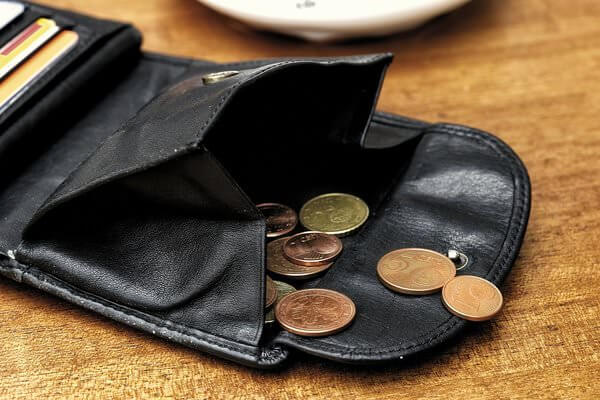Adjusting To Grad School: Money, Money, Money
Adjusting to graduate school is challenging for many reasons, but many students would probably tell you that the change that has brought the most difficulties is money. We already know that it’s difficult just to pay for grad school, as described in our articles about paying for graduate school. However, I want to focus on how to deal with the financial adjustments that must come while attending grad school.
Prioritize Your Needs
A tough realization you might need to face when starting grad school is that you’ll need to let go of some things that you pay for on a regular basis. Sometimes, this can be tough, but you can probably find a cheaper (or free!) alternative for many of these purchases. For instance, if you pay for a Netflix subscription each month, think about cancelling and renting movies or television series from a media library on campus. If you’re more interested in books as a hobby and find yourself buying a new stash every weekend, think about getting a library card for your city’s local library instead.
Also, write out everything that you purchase regularly (and make a budget, which I address next) and decide what you’re able to keep in order to maintain a healthy and practical graduate lifestyle. After evaluating the list, a few items on it (e.g., going out every weekend and buying daily coffees) might seem trivial, unnecessary, or more expensive than what you feel comfortable spending, so simply eliminate them until you’re able to afford them again.
Budget, Budget, Budget
If you are a current graduate student and you don’t have a stable, concrete budget, make it a priority to create one soon. It doesn’t have to be complex or fancy; just draft out a small table on Excel and update it with every paycheck or other source of income. If you don’t prefer a spreadsheet, there are apps that walk you through how to distribute money based on your income and how to be conscious of every cent you spend (keep a lookout for future blogs; I’ll be discussing some of these apps then).
Once you know where your money should be going, how much should be spent, and how much you should be saving, then you can follow it step-by-step instead of guessing how much you can spend at the grocery story or going out. After you make the budget and decide where to spend your money each month, follow it. So many people make a nice budget that looks pretty and then never look at it again. After making your budget, have a goal of looking it over a few times a week to address your monthly purchases and stay on top of the amount you have left in the bank. Take a look at this article from idealist.org to learn some more steps about the budgeting process in grad school.
Money is always a tough topic to handle, especially in grad school. Do you have any tips to share for others who are struggling with adjusting to money situations in grad school?


0 comments